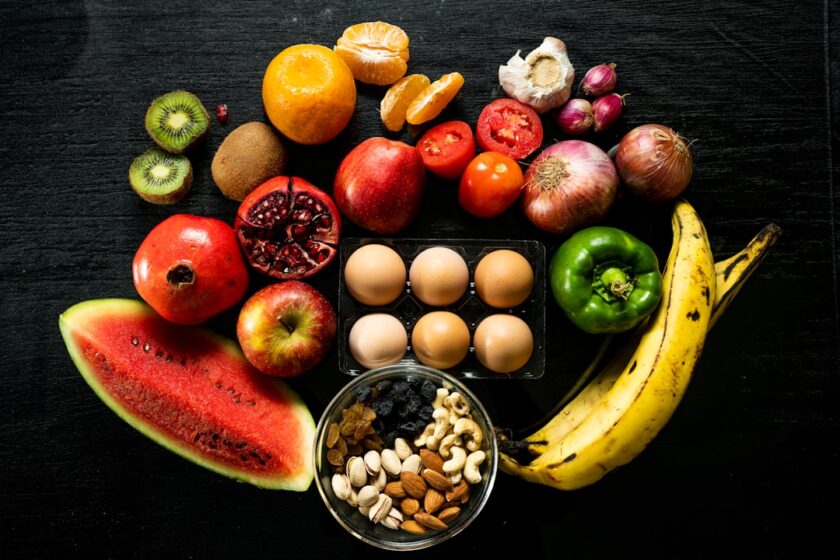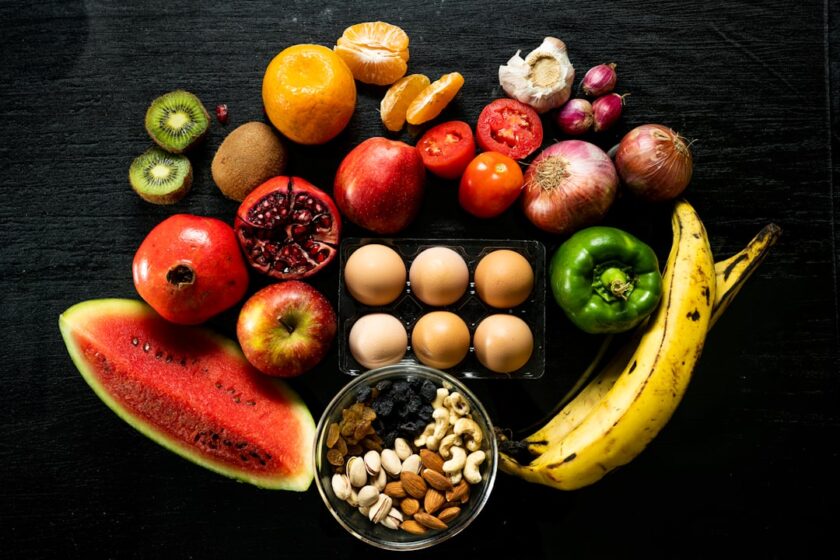What Are Gut Health Foods?
Gut health foods are those that support the microbiome—the vast community of microorganisms living in our digestive tract. A balanced microbiome plays a crucial role in our overall health, influencing everything from digestion to immunity and even mood. Let’s explore some of the top foods to nourish your gut.
Why Is Gut Health Important?
A healthy gut contributes significantly to our overall wellness. Here are some benefits of maintaining good gut health:
- Improved digestion: Gut health foods can enhance nutrient absorption and reduce digestive issues such as bloating and constipation.
- Strong immune system: A healthy gut can help strengthen your immune defenses, as a significant portion of the immune system is housed in the gut.
- Mood regulation: There is a strong connection between gut health and mental well-being, often referred to as the gut-brain axis.
- Weight management: Certain gut health foods can help regulate metabolism and reduce the risk of obesity.
Top Gut Health Foods
1. Probiotics
Probiotics are live bacteria that provide health benefits when consumed in adequate amounts. They can help restore the natural balance of gut bacteria. Here are some foods rich in probiotics:
- Yogurt: Look for yogurt with live and active cultures.
- Kefir: A fermented milk drink, kefir is more potent than yogurt in probiotic content.
- Kraut (Sauerkraut): Fermented cabbage that is rich in probiotics and provides a crunchy texture to meals.
- Kombucha: A fermented tea that provides a refreshing drink while delivering probiotics.
2. Prebiotics
Prebiotics are non-digestible fibers that feed beneficial gut bacteria. Increasing your prebiotic intake helps boost the effectiveness of probiotics. Popular prebiotic foods include:
- Garlic: Contains inulin, a type of prebiotic fiber.
- Onions: A versatile ingredient packed with prebiotics.
- Asparagus: Rich in fiber and great for gut health.
- Bananas: A convenient snack that also supplies prebiotics.
3. Fermented Foods
Fermented foods not only provide probiotics but also introduce additional health benefits through fermentation. Popular options include:
- Kimchi: A spicy fermented vegetable dish that is high in vitamins and probiotics.
- Miso: A traditional Japanese seasoning that adds flavor and probiotics.
- Natto: Fermented soybeans known for their unique texture and beneficial bacteria.
4. Fiber-Rich Foods
A diet rich in fiber promotes gut health by fostering regular bowel movements and supporting beneficial gut bacteria. Consider adding:
- Whole grains: Brown rice, oats, and quinoa are excellent sources of soluble and insoluble fiber.
- Legumes: Beans, lentils, and chickpeas can enhance fiber intake substantially.
- Fruits and vegetables: Berries, apples, broccoli, and carrots are fiber-rich and beneficial for digestion.
5. Omega-3 Fatty Acids
Omega-3 fatty acids can reduce inflammation in the gut and are vital for overall gut health. Foods high in Omega-3 include:
- Fatty fish: Salmon, sardines, and mackerel are excellent sources.
- Flaxseeds: A plant-based source of Omega-3 that can be added to smoothies or oatmeal.
- Walnuts: A healthier snack that also supplies beneficial fats.
How to Incorporate Gut Health Foods into Your Diet
Including gut health foods in your diet doesn’t have to be challenging. Here are some tips:
- Start your day with a yogurt parfait topped with fruits and nuts.
- Create smoothies with spinach, bananas, and flaxseeds.
- Opt for hearty salads loaded with kale, legumes, and avocados.
- Experiment with fermented side dishes, like kimchi, with your meals.
Foods to Avoid for Optimal Gut Health
While focusing on gut health foods, it’s equally important to limit or avoid certain items that may disrupt gut flora. This includes:
- Processed foods: High in sugar and unhealthy fats.
- Artificial sweeteners: Can negatively affect gut bacteria.
- Excessive alcohol: Can harm the gut lining and alter microbiome balance.
Conclusion
Incorporating a variety of gut health foods into your diet can significantly improve your digestion, boost your immune system, and enhance your overall well-being. Prioritize probiotic and prebiotic foods, add fiber to your meals, and remember to stay hydrated. For personalized dietary advice, consider consulting with a healthcare provider or a nutrition specialist.



